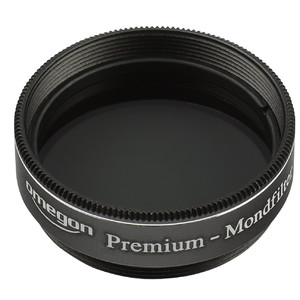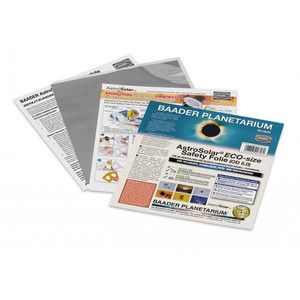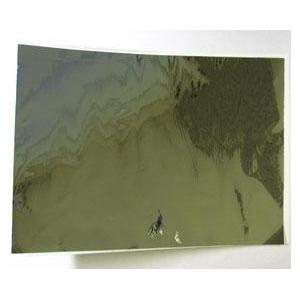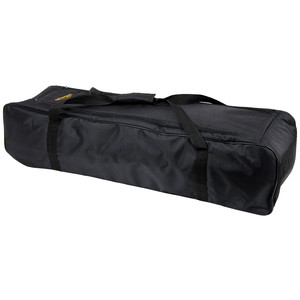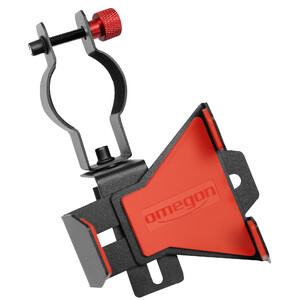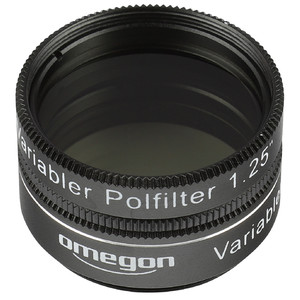Helaas is deze beschrijving nog niet in het Nederlands vertaald. U vindt hier dus een Engelse artikelbeschrijving.
Bresser 70/900 EL refractor telescope
Observing the stars, just like a professional, is very simple with this refractor telescope. It is a complete system for exploring the wonders of the universe - consisting of a telescope, mount, tripod and all the accessories you will need. The 70mm aperture will show you a wealth of detail in astronomical objects. The telescope mount can not only move it left/right and up/down, but can also be used in so-called 'equatorial' mode, like the scientists use in their observatories (read more under Features). A finder scope to be mounted onto the telescope facilitates easy location of astronomical objects. The erecting prism lets you observe even during the day, allowing you to observe many exciting terrestrial objects. The height-adjustable tripod allows the telescope to be adjusted to the optimum height for both 'large' and 'small' observers. The mirror star diagonal supplied ensures comfortable viewing.
USES
At night, the Moon and planets such as Saturn and Jupiter can be explored. Many astronomical objects outside our solar system are also within reach of this telescope thanks to its large 70mm aperture - star clusters and nebulae many light years distant will amaze stargazers, both young and old. The erecting prism included allows you to obtain an erect, non-reversed image for observing during the day - for nature-watching for example.
FEATURES
Mount with wedge - at first sight, the NG mount with the 70/700 refractor telescope appears to be an ordinary altazimuth mount, with an axis for left/right and an axis for up/down, as is long familiar from normal camera tripods. This mode makes sense for observing during the daytime. The built-in wedge, however, allows the whole mount to be tilted (using the handle provided), converting it into an equatorial mount for astronomy. One axis is then aligned with Polaris when using equatorial mode. Only a single axis then needs to be moved when tracking an astronomical object, making tracking much more straightforward than with mounts which only have left/right and up/down axes.
